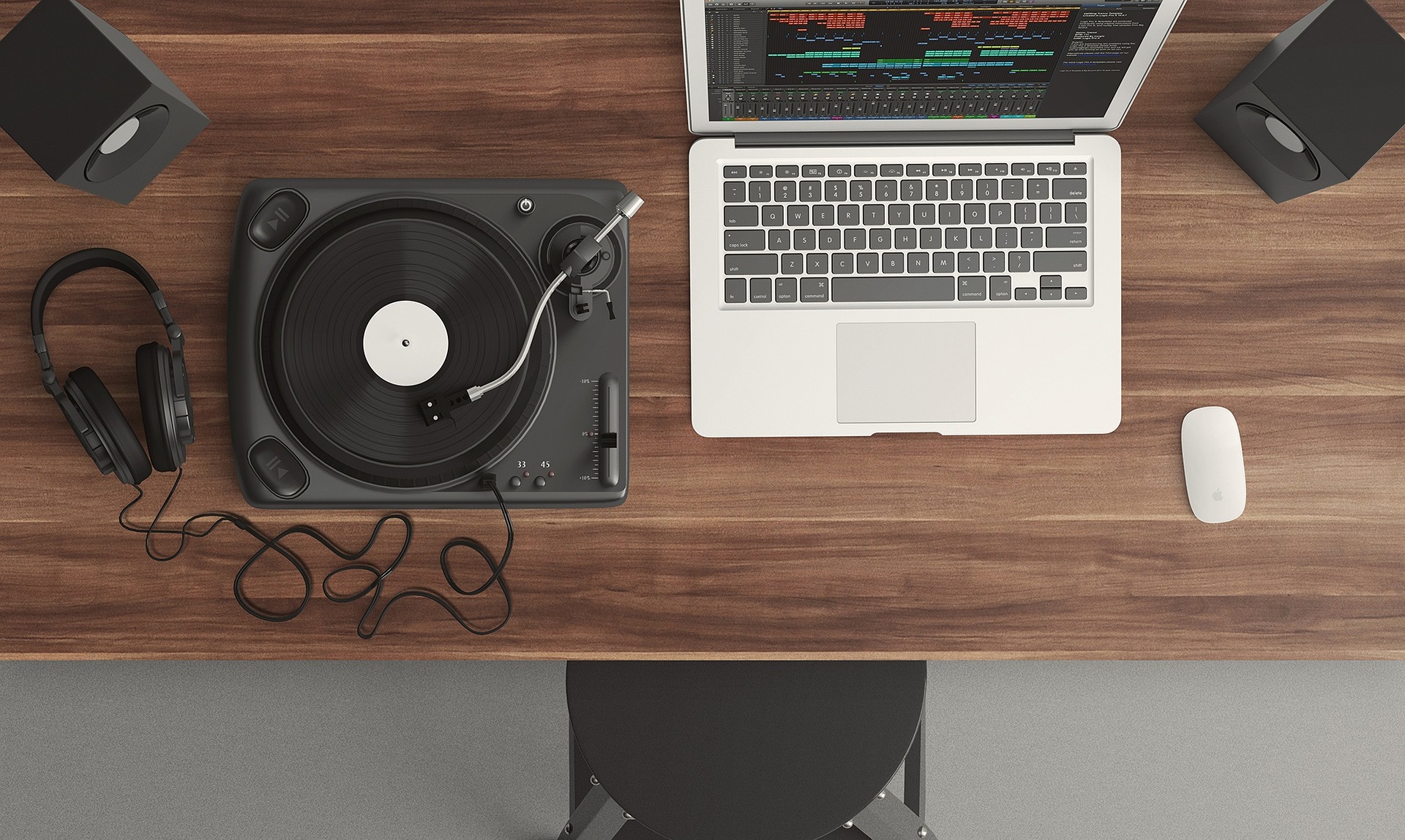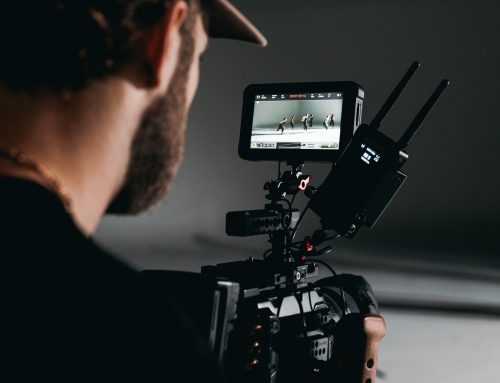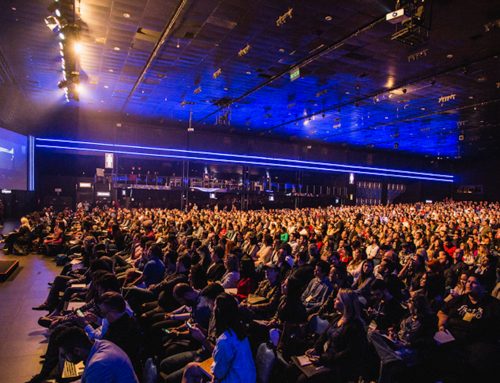When you’re conducting an interview, you have two main choices at your disposal. You can either capture the information that is being discussed using notes, or you can record an interview. There are merits to both ideas. Let’s explore all you need to know.
Recording Your Interviews
Recording your interview helps you a lot when it comes to capturing an entire conversation. You get a full picture of the interview and can accurately record all the information contained within it. Both the words and tone of the participants in the conversation are also properly displayed.
Recording an interview provides a good level of accuracy for the user, and it’s also much more convenient. With that being said, it is not a perfect method either. You can often experience technical issues when it comes to your equipment and its reliability. You may find that poor sound quality can diminish the value of your recording. Furthermore, you’ll need to transcribe the interview if it is required in print form. You could get writing services for this to offset that issue, however.
Recording an interview can also take time. An audio file can take hours if the interview is a lengthy process.
Taking Handwritten or Typed Notes
Some people are known to prefer taking notes to write down key information about the interview as it is happening. This is a method which is favoured as it will allow you to pick what information you commit to paper and note down only key info.
You definitely get more control when you write notes because instead of having the whole conversation to go through, you only need to note down what matters, leaving you with organised and concise notes.
There is also a level of efficiency with handwritten notes that you can’t get elsewhere. You’ll be able to be done with the interview after the first time you hear it instead of needing to go back through hours of audio.
With that being said, there are definitely things to keep in mind while taking notes. If you miss out on key information, it’s hard to find it again because you won’t have recorded any audio. You won’t be able to do any copy typing, which means the information you may get during the note-taking process can be limited. You’ll have to decide at the moment which information to keep and what to throw away, so you may accidentally compromise on the quality of your notes.
What is Best?
In most cases, it is simply a matter of preference which of the two options you use. Both have the potential to be effective in the hands of the right person. However, in order to take your own notes, you would have to be proactive and quick at writing. EQ Transcription Services are happy to get you access to fast, reliable copy if you need it. We make recordings easy to work with.






